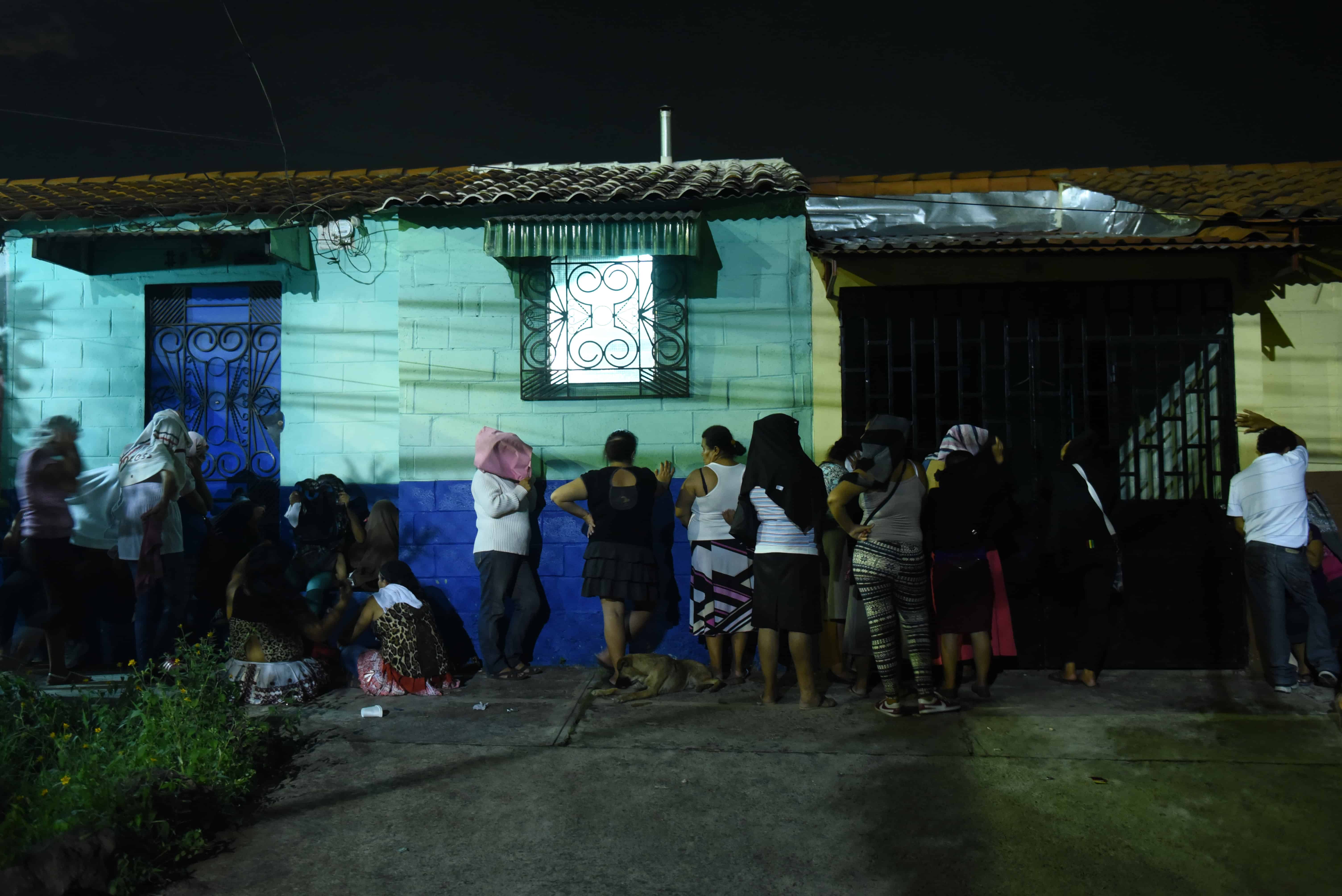SAN SALVADOR, El Salvador — At least 14 inmates were killed in an El Salvador jail Saturday when violence erupted between two factions of a notorious gang, an official said.
The killings at Quezaltepeque prison, about 30 kilometers (20 miles) north of the capital San Salvador, were linked to an internal dispute involving the feared Barrio 18 gang, a spokesman for the presidency told AFP.
The prison was placed on lockdown and security ramped up, as about 50 people with relatives in the jail descended on the facility, some weeping and others demanding to know the identities of the dead. A state of emergency was declared for 72 hours at the jail and authorities insisted that they were in full control of the situation.
Prison officials were alerted when some members of the “Revolutionaries” faction of the gang failed to return to their cells, said Eugenio Chicas, the communications secretary for the presidency. Security agents and riot police found their bodies among some garbage bins, added Chicas, labeling it “a purge.”
“There has been an internal confrontation,” said Chicas.
The Directorate General of Prisons, on Twitter, said it was “presumed to be an act of purification among gang members.”
See also: As gang violence surges, El Salvador fears bloody war
The deaths underscore how gang violence has made El Salvador one of the most dangerous countries in the world. On Wednesday, police said there were at least 125 murders in just three days in the country, a staggering toll even by El Salvador’s standards.
“These are worrisome numbers. These are Salvadorans who are dying. Regardless of who is a gang member or not,” National Police chief Mauricio Ramírez told reporters.
There were 3,332 murders between January and June, up from 2,191 a year earlier, government data show.
Failed truce
The Mara Salvatrucha (MS-13) and Barrio 18 (M-18) gangs have an estimated 70,000 members in El Salvador, 10,000 of whom are behind bars.
The gangs emerged in the 1980s in Latino neighborhoods in Los Angeles, California. They arrived in Central America when the United States deported thousands of immigrants who had fled there to escape civil wars that had gripped the region in the late 20th century.
Criminal gangs have been pressuring the government to include them in a commission examining ways to stem endemic urban violence for which these same groups are, to a large extent, responsible. Since taking office last year, President Salvador Sánchez Cerén has tried to crack down on crime and refused to negotiate with the gangs.
Last month, Barrio 18 ordered a bus strike and seven bus drivers were killed after they defied the gang. By seeking to shut down public transport, the gang hoped to strong-arm the government to the negotiating table.
The ongoing violence underscores the breakdown in a truce the gangs declared in March 2012, brokered by the Catholic Church with behind-the-scenes help from then president Mauricio Funes.
In response to the new wave of violence, Sánchez Cerén has reversed a key concession of the controversial truce, ordering more than 50 jailed gang leaders who were being held in “flexible” detention centers transferred back to maximum-security prisons.








